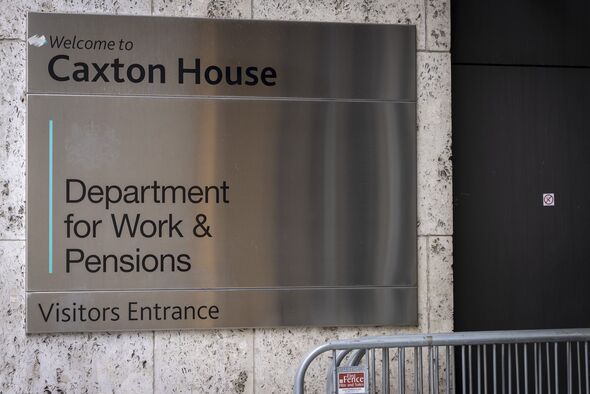
The Department for Work and Pensions (DWP) will soon announce new plans that will shape government work to find ways to ensure more unemployed and those on long-term sick leave get back to work.
An expert group is working with the Labour Government ahead of the publication of the White Paper this autumn with new initiatives for the Work and Pensions Secretary to consider.
The plans hopes to overturn the escalating levels of economic inactivity as the UK is still the only G7 country where employment rates have not returned to pre-pandemic levels.
According to DWP data, roughly 22 percent of people are not currently working which equates to around 9.4 million people.
Liz Kendall MP, Work and Pensions Secretary said: “Spiraling inactivity is the greatest employment challenge for a generation, with a near record 2.8 million people out of work due to long-term sickness.
“Addressing these challenges will take time, but we’re going to fix the foundations of the economy and tackle economic inactivity.”
The Labour Market and Advisory Board are made up of experts in business, academia and industry relations and includes representatives from several universities, the Health Foundation, the Trades Union Congress (TUC) and Resolution Foundation.
The board met with Liz Kendall on Monday, September 9 to help tackle ‘the greatest employment challenge for a generation’.
Liz Kendall added: “The board’s knowledge, expertise and insight will help us to rebuild Britain as we deliver our growth mission, drive up opportunity and make every part of the country better off.”
The new plans will look into issues of how local areas can help tackle workplace inactivity and include a new youth guarantee for 18-21-year-olds.
Other plans include the overhauling of jobcentres which will merge with the National Careers services.
Chairman of the Labour Market Advisory Board, Paul Gregg said: “Having studied the UK’s labour market across several decades, it is clear that the current labour market faces a deep-seated set of challenges.”
He added: “Real wage growth has been heavily suppressed for 15 years hitting living standards and government tax revenues. Reversing these trends will be key to ensuring the long-term prosperity of the UK’s labour market.”


















